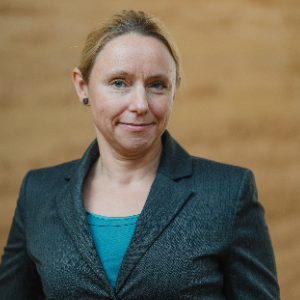Within the working group “Environmental bioprocess engineering“ we develop efficient processes and innovative technologies for the anaerobic digestion and biogas production from various biomasses focussing on the conversion of residual and waste materials.
Our research aims at an efficient supply of renewable energy from biomass, transition to a more flexible anaerobic digestion process in terms of substrate utilization and product generation, reduction of climate relevant emissions and closure of substance cycles.
Focal areas of our research are the procedural implementation of biogas production from various biomasses, mainly residues and wastes including feedstocks that are rich in impurities, inhibitors or hardly digestible compounds.
We investigate and describe the performance and kinetic characteristics in discontinuous and continuous anaerobic digestion processes. Building on these analysis a model based optimization of conversion processes is performed in order to reach maximum biomass conversion at a simultaneously high process stability. Furthermore, we develop innovative concepts for process management, for example the variation of process steps, temperature or feeding algorithm as well as modular plant concepts with novel reactor systems.
In order to gain added value for biomass utilization, multi-product systems and integration of anaerobic digestion with other production processes, mainly for material uses of biomass, are investigated.
An extensively equipped biogas lab is available for process developments in the field of anaerobic digestion. Our investigations range from laboratory and technical scale to practice, at which we closely work together with partners from science, agriculture and industry.
Infrastructure
The central research facility and equipment is located in the in-house biogas laboratory, comprising:
- Different gas analysis techniques
- Fermentation test equipment according to VDI
- Several continuous stirred reactors (CSTR) of different scales
- Hydrolysis- and fixed bed reactors
Team of the WG Environmental bioprocess engineering
Carsten Jost
Andrés de Vargas Soplin
Raj Shekhar Bose
Sophie Schuster-Hankel
Annerys Carabeo Pérez
Tugui Yuan

